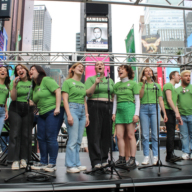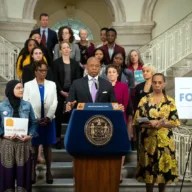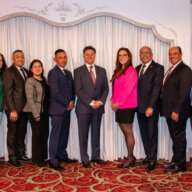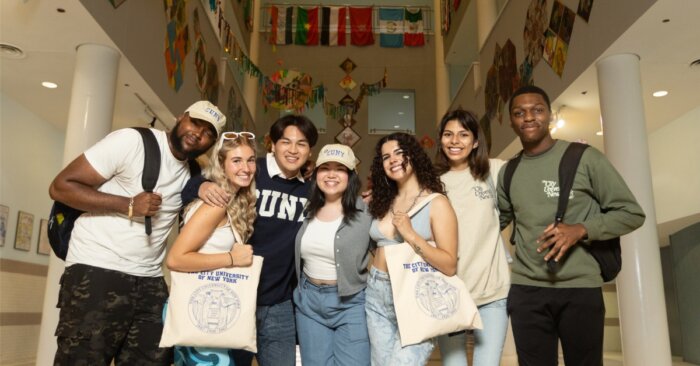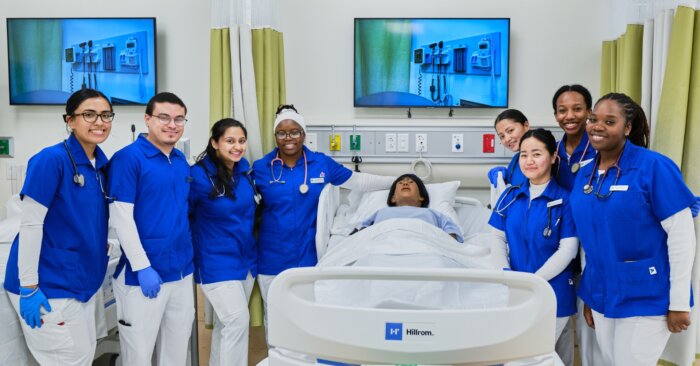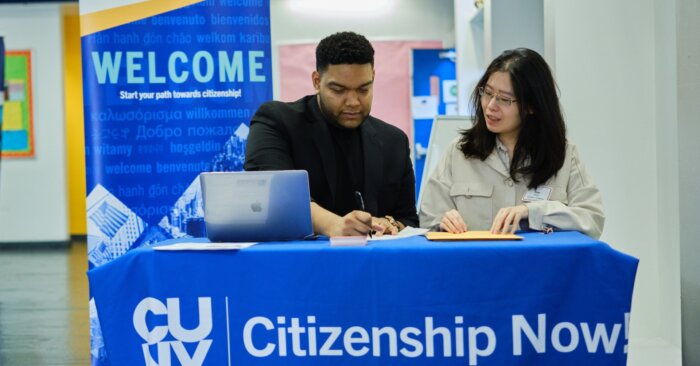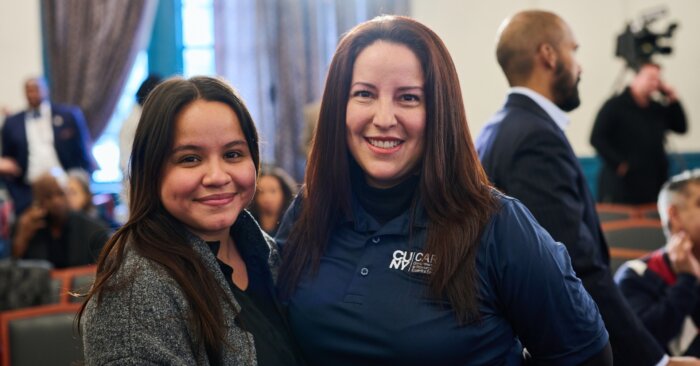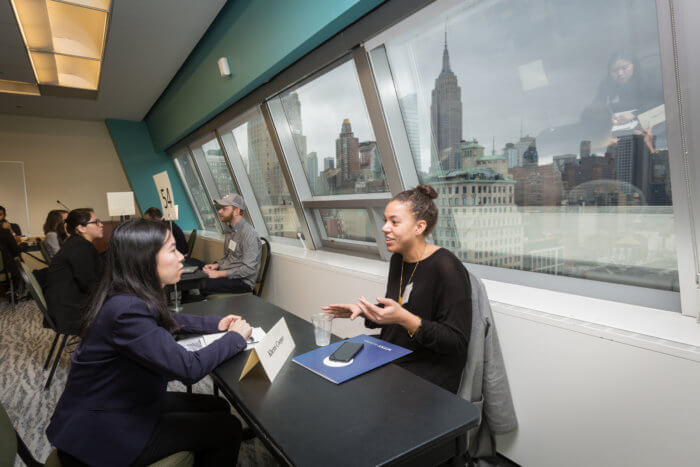
By Félix V. Matos Rodríguez
One of the most crucial ways that CUNY has committed to its mission in recent years has been to respond to the evolving needs of our students after graduation. And the central strategy of that focus has been to vigorously pursue partnerships with employers who share our vision of creating professional opportunities for students from underserved communities. It’s an approach with payoffs for both our students and the local economy.
Now, of course, there is a new urgency to this priority: The pandemic confronts New York with economic challenges we couldn’t have imagined a year ago, and CUNY is determined to support its students when they need it most and to take a leading role in the city and state’s recovery.
Prior to the coronavirus, we had put together a team in our workforce programs office to help CUNY and its colleges forge connections with private-industry partners in the city’s largest and most thriving economic sectors with the goal of creating career pathways for our students. The result has been remarkable: Tens of thousands of professional opportunities in the health care, finance, tech, real estate, architecture and cultural sectors. Now we are doubling down on these efforts, making good on our mission to propel students up the socioeconomic ladder at a time when the pandemic has eliminated thousands of internship and job opportunities.
One of our newest and most exciting partnerships is with the New York Jobs CEO Council, a coalition led by 27 chief executives of some of the largest employers in New York including JPMorgan Chase, Amazon and Microsoft. It’s a collaboration that will create job opportunities for 25,000 CUNY students with a focus on low-income and Black, Latinx and Asian communities. The Jobs CEO Council has a direct impact on the economy and our partnership will create a robust pipeline of skilled CUNY workers into the growing workforce.
This fall we’re also launching our Federal Work-Study Experimental Site, a program that will allow both companies and non-profit organizations to hire some 9,000 CUNY students for paid internships. This unique opportunity will allow students to work off campus with private companies at a time when the pandemic has halted many on-campus activities, including work-study employment that so many students depend on. And with many businesses struggling and in need of financial support to hire and retain staff, this initiative allows employers to hire CUNY workers because costs are shared with the federal government.
And then there is the CUNY 90-day Upskilling Challenge, which is providing free virtual skills training and includes partnerships with Google and IBM to connect students to employers that are hiring during COVID-19.
Meanwhile, the continuing pandemic keeps us focused on the need to engage our students with the career opportunities available to them in the healthcare field — and to provide them with the training and experience that will give them the skills and credentials they’ll need to walk into well-paying jobs.
Our ongoing relationship with Montefiore Health System is a prime example. All three of our colleges in the Bronx have partnerships with Montefiore that help prepare their students for jobs in health care. At Lehman College, Montefiore is a partner-employer of the Braven Accelerator Course, a professional readiness program that was launched in the spring and helps students build skills in the health service field. Montefiore and Hostos Community College have worked closely to develop and deliver health care training for students. H.E.R.O. High School, which opened in 2013 in the Bronx as a collaboration between CUNY, Montefiore and the city Department of Education, provides an integrated six-year program in which students gain healthcare workplace experience while they earn a Regents diploma and an associate’s degree in nursing or community health from Hostos. Montefiore also serves as an industry adviser in the development of a new associate degree in health sciences at Bronx Community College.
The list goes on: CUNY partnerships with financial firms like Centerbridge Partners and Deerfield Management, trade associations like the Real Estate Board of New York, economic development companies like the Brooklyn Navy Yard Development Corporation and nonprofits like the Urban Land Institute are helping us weather the pandemic and keep our students on track to be part of the recovery. With support from the Mellon Foundation, we are expanding the CUNY Cultural Corps, our proven-successful program to expose students to sustainable career paths in the city’s arts and cultural sectors. Break Through Tech, which grew out of the successful Women in Tech (WiTNY) program and was launched in partnership with Cornell Tech and industry allies, promises to move many more young women into tech-focused fields in which they have been long underrepresented.
Two recent economic impact studies noted that CUNY and its colleges pump billions of dollars a year into the regional economy and our growing list of private sector partnerships is no small part of that. CUNY’s first priority is always to our students—to graduate them into good jobs and careers and to put them on paths to fulfilling lives. This year more than any other we expect New York City to be the beneficiary of their success.
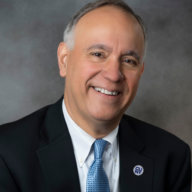
Félix V. Matos Rodríguez is the chancellor of the City University of New York, the nation’s largest urban public university, serving 500,000 students of all ages in seven community colleges, 11 senior colleges and seven graduate or professional institutions. Visit cuny.edu.









